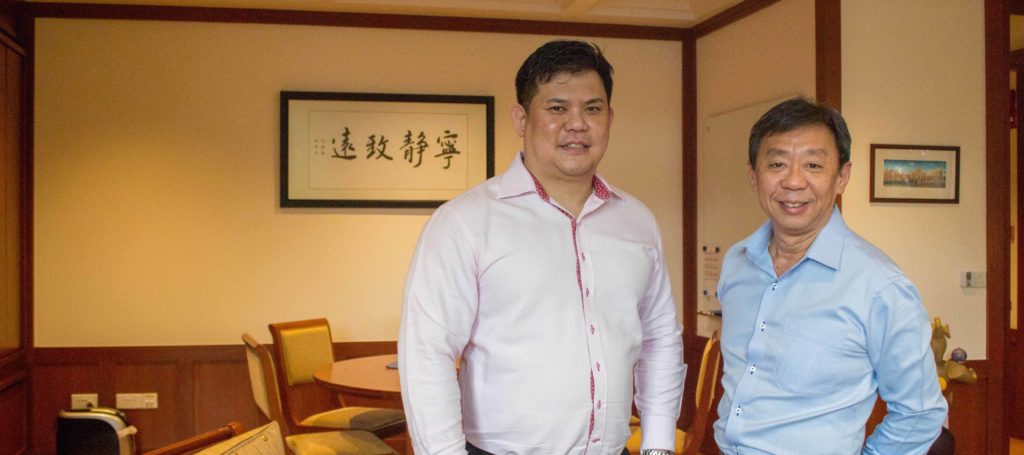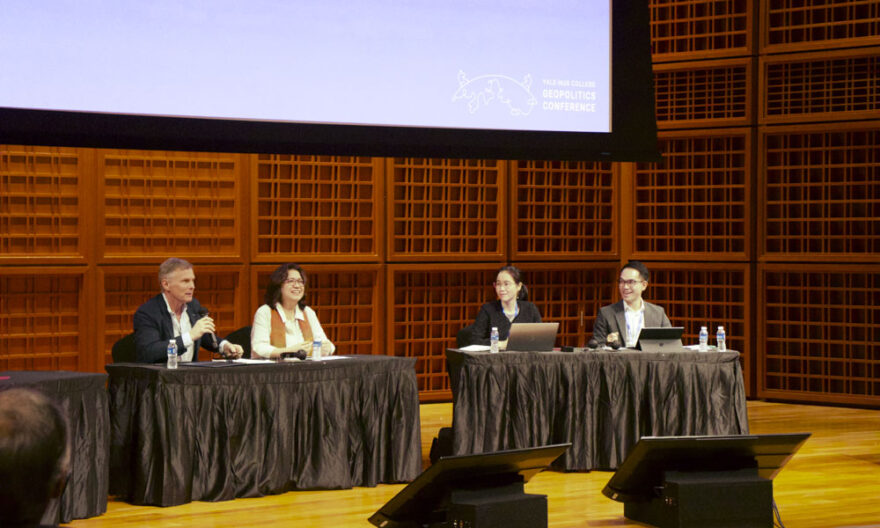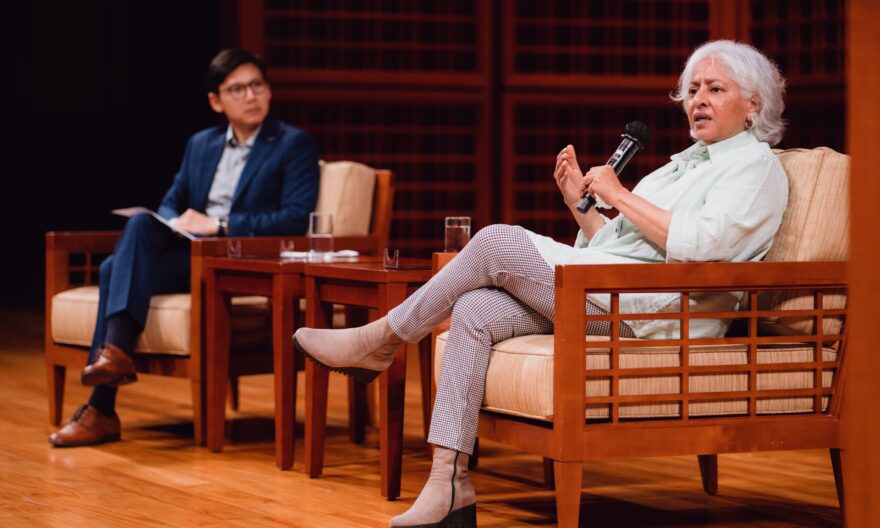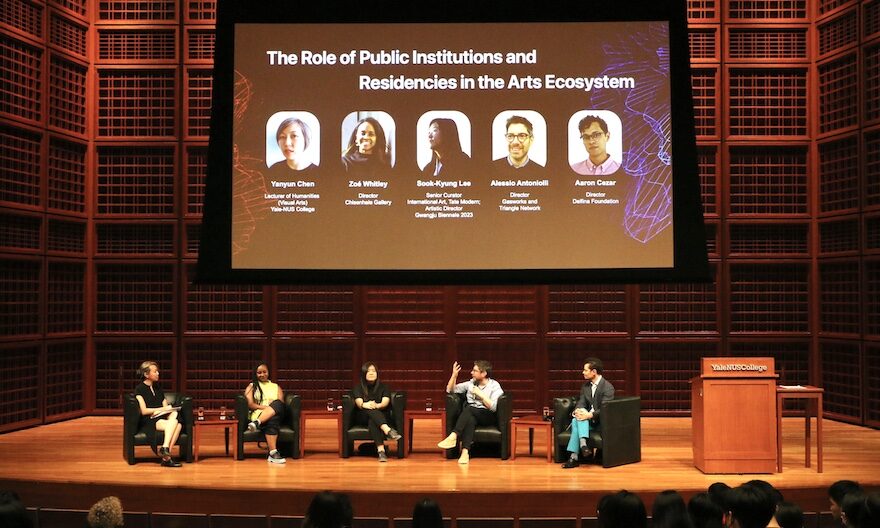Giving is not a zero-sum game

Mr Collin Ang, Managing Director of digital marketing consulting group Decision Science Agency, keeps a verse from the Tang dynasty poem《将进酒》by Li Bai close to his heart: “天生我材必有用,千金散尽还复来”. Loosely translated, the verse suggests that each person is naturally endowed with certain talents; even if he spends all his funds, he will eventually be able to recover them by using these talents.
Over the years, this verse has continued to anchor Mr Ang’s convictions about philanthropy. “If you have a talent, you don’t have to be afraid of spending money, because you know how to make your money and you will be able to earn back whatever you spend,” he remarked.
“Many people think giving is a zero-sum game – in reality, it is not. The money you spend on philanthropy will benefit someone, and that someone will become more productive in the economy,” he added.
In living out these beliefs, Mr Ang recently set up the need-based Decision Science Agency Study Award at Yale-NUS College.
“I am trying to make sure that everybody has an equal chance at getting an education, and I was thinking of where the money will be able to make the most impact,” he said, adding that he has always wished to see poverty eradicated through investments in education.
In particular, he decided to give towards the College as he believes that although Singapore offers a world-class education in areas such as medicine, engineering and accountancy, a liberal arts education characterised by its unique curriculum and training in soft skills is still a relatively new concept, one that is equally worthy of support.
Mr Ang also identified and addressed one factor that might make people think twice before making a gift – the preference for keeping wealth within the family, or, in other words, leaving money only to one’s children instead of giving to philanthropic causes. However, while he understands this innate parental desire to look after one’s children, he also questions if there is a need for this at all.
“I want my children to grow up as capable people too. If they are capable, I shouldn’t have to worry about whether they have the money for a house to stay in,” he explained. “You must have the mentality that when you leave behind a legacy for your children, it is not just the money, but also the values and skills that will serve them well and help them grow up to become capable people.”
With the Decision Science Agency Study Award set to be awarded in the upcoming academic year, Mr Ang hopes that its future recipients will similarly pay it forward through their actions and give back to their communities too.





